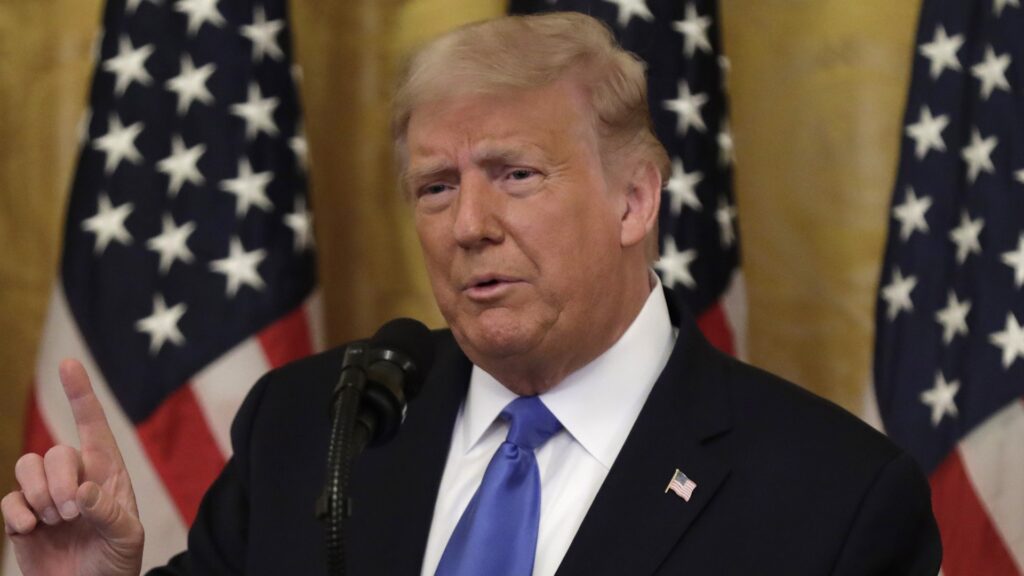The presidential election is fast approaching and is likely to be a fierce battle between President Donald Trump and President Joe Biden. While it is unclear at this point who will win, recent polling data from the Pew Research Center shows that 49% of voters said that if given the chance, they would choose to replace President Trump and President Biden with new faces in this election.
Although the results won't be known until November 5, financial experts offer a reassuring outlook: They argue that the election outcome won't have a significant impact on the stock market, regardless of who wins.
“We encourage clients to be wary of headlines that suggest either candidate will be a positive or negative influence on the stock market. Historically, U.S. stocks have performed well under both Republican and Democratic presidential administrations, including under both Presidents Trump and Biden. History suggests that you should vote with your ballot, not your portfolio,” said Nicholas A. Juhl, CFA, chief investment officer at Greenleaf Trust.
Still, President Trump is pursuing policies that will affect the wealthy, and GOBankingRates spoke to financial experts to explain the impact.
Also, see how it impacts your wallet.
Tax Cuts and Jobs Act
The Tax Cuts and Jobs Act (TCJA) is a policy that benefits the wealthy.
“During his first term as president, President Donald Trump signed the 2017 TCJA, which reduced personal income taxes for most income brackets and lowered the corporate income tax rate from a graduated rate range of 15% to 39% to a flat 21% rate,” Juhl explained.
“Several of the TCJA's provisions, including the personal income tax, gift and estate tax exemptions and the expansion of the standard deduction, expire after 2025. The 21% corporate income tax rate is permanent and would require new legislation to change.”
Mike Dion, senior finance manager for a Fortune 100 entertainment company and founder of F9Finance, also shared his thoughts on the TCJA.
“President Trump has promised to extend the Tax Cuts and Jobs Act of 2017 if elected to a second term,” he said. “The tax cuts expire in 2025. The law raised the estate tax threshold, lowered the top tax rate and reduced the corporate and pass-through taxes to a flat 21 percent and 20 percent, respectively.
“The extension of these tax cuts will not only lower personal tax rates, but will also greatly benefit the wealthy through investment, as corporate and pass-through income will continue to be taxed at lower rates.”
How the Tax Cuts and Jobs Act affects the wealthy
According to the Center on Budget and Policy Priorities, a nonpartisan research and policy institute, the tax code is biased in favor of the wealthy.
“The top 1% of households would receive an average tax cut of more than $60,000 in 2025, while the bottom 60% would receive an average tax cut of less than $500,” the CBPP website states.
The CBPP study compared President George W. Bush's pro-wealth policies with those of President Trump.
“Like the Bush tax cuts before it, the 2017 tax law provided far greater benefits to high-income households than to low- or middle-income households,” the site states. “Extending the Trump tax law's individual income and estate tax provisions that expire at the end of 2025 would provide additional windfall benefits to high-income households. These tax cuts would be in addition to the large benefits they will continue to receive from permanent provisions of the 2017 tax law.”
More from GOBankingRates
Source link

